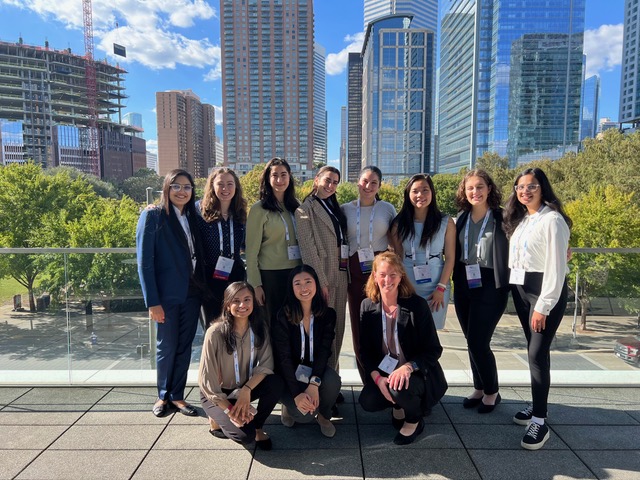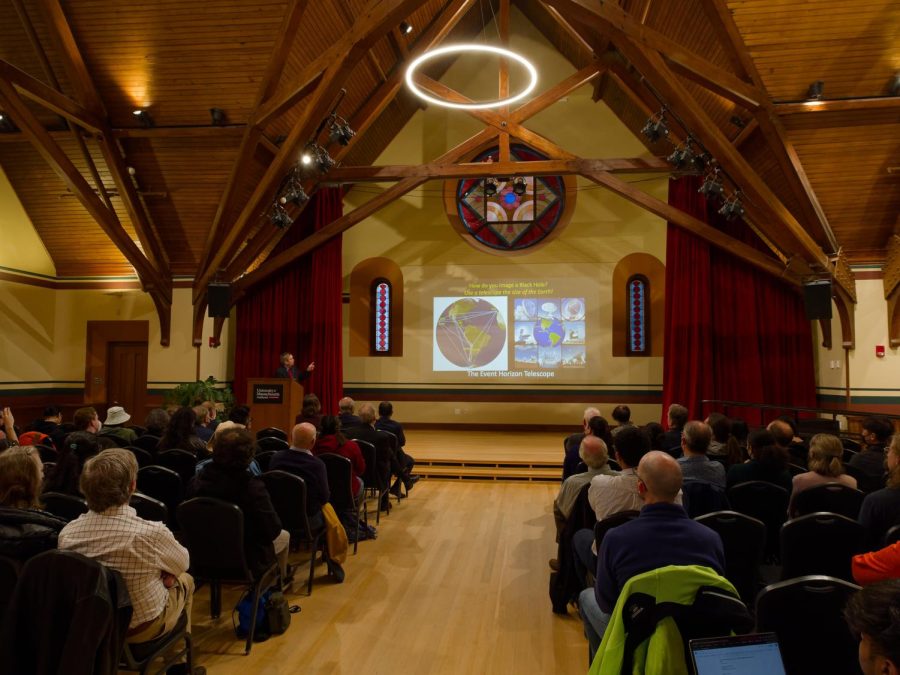
Faced with growing concerns over the effectiveness of the campus Internet network and an increased reliance on connectivity within the classroom, the University of Massachusetts is setting out to attempt to alleviate some of the issues.
Julie Buehler, the vice chancellor of Information Services and Strategy, as well as the rest of the Information Technology department at UMass, have begun to work on a long-term plan to upgrade the campus network over the next five years with a goal of improving its overall performance.
Initially, the assessment of the plan’s cost was approximately $85 million to modernize the entire campus. However, Buehler explained that because of resource constraints, the target for fundraising is currently $64 million, or 75 percent of the cost to modernize the entire campus.
“We will not modernize every building,” she said, adding that as future plans are made, priority will be given to certain buildings. Buehler said the criteria for selecting which buildings to modernize has yet to be decided upon, but she did mention that IT has assessed the individual buildings’ network issues and has determined which are in more need of upgrades.
Although individual buildings have had issues with network access, the most critical part of this plan is the modernization of the network core, through which all Internet traffic on campus must pass. This project began in December, will cost $30 million in total and is expected to be completed in three years.
According to Buehler, the past year has seen a rise in on-campus network usage of 42 percent, nearly half of which has been since December. This increased Internet traffic has strained the campus’ network and has adversely affected the Internet access of students and staff.
Since the fall semester, students have filed more than 3,000 complaints regarding the campus network. But according to Buehler, IT is making efforts to change that in the years to come.
“The data is showing me that these are big concerns,” Buehler said.
She acknowledged that the problems the network faces can have a negative impact not only on the academic life of students, but on their social lives as well. Buehler emphasized that this is a time where the Internet is becoming a rapidly relied upon tool, and the campus’s network must keep up with the growing demand.
However, students won’t have to wait until the end of the project to see improvements. Buehler said that as improvements are made to the network core, more students will begin seeing improvements to the campus network. This upgrade of the campus’s network core has been provided for by the campus capital budget.
In addition to this funding for the network core project, Juniper Networks, a vendor for the University, donated $1.5 million in equipment for the creation of a high-speed network to be used for scientific research in September. The creation of this network will eliminate some strain on the network core, which will improve the performance for the rest of the campus’ Internet. Buehler said this kind of donation is unheard of from a vendor.
“We are extremely grateful to Juniper Networks. They understand our vision and capability to use this gift in a very distinctive and meaningful way,” Buehler said in a press release back in September. According to Buehler, this technology is currently being installed and will soon be operational.
Despite the encouraging donation, there is still a significant funding gap that IT is looking to fill. In an effort to partially remedy this, Buehler has proposed the creation of a separate technology fee, something UMass is unique among many of its peer colleges in not having.
The proposed fee would cost $250 per year for each student, though Buehler mentioned that “some early student feedback is that we should start to communicate this fee as ‘less than $30 per month’ – a representation they are more familiar to seeing as it relates to IT services.”
The fee is still a proposal at this point, but if it is voted on favorably, could be implemented as early as the fall 2016 semester.
Buehler expressed that adding more student fees is not something she wants to see happen if there are any other options, and she is encouraging staff and student alike to propose ideas in an effort to avoid it.
“I’m turning over every rock I can turn over,” she said.
Buehler did, however, say that if more students join the conversation, she’s confident they will see that the benefits of an improved network outweigh the fee.
“I think (having a conversation) is the best solution, but if someone has a better idea I’m happy to hear it,” she said.
More than anything else, Buehler expressed a desire to bring students and staff into the conversation about the network and what should be done, especially when it comes to the subject of the proposed fee for students. This has led to the creation of a web page designed to take student questions and address common concerns.
“I want to be transparent,” she said, hoping she can encourage students to get involved in the conversation. “I’m really trying to treat the students like the adults that they are.”
Patrick Johnston can be reached at [email protected].



















Jill Crooker • Apr 22, 2015 at 11:50 am
Quick clarification… .the fee would apply to academic year 2015-16 if approved. Thus it would start in fall 2015.
Jill Crooker
Executive Financial Officer, UMass Amherst Information Technology